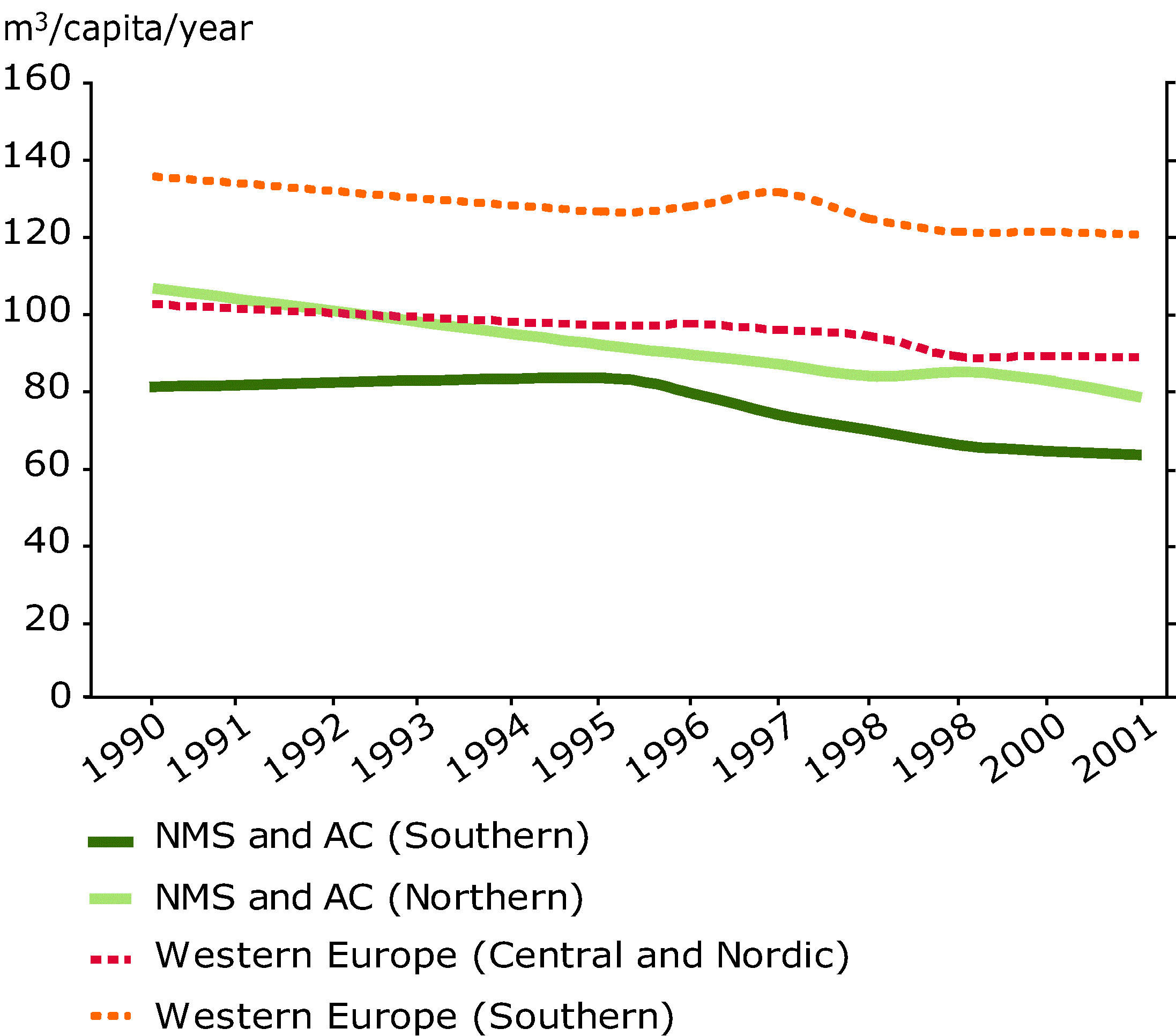Reversing the trend: towards public water
“A business of real public importance can only be carried on advantageously upon so large a scale as to render the liberty of competition almost illusory [...] It is much better to treat it at once as a public function.”
J.S. Mill, 1872“The Commission believes that the privatisation of public utilities, including water supply firms, can deliver benefits to the society when carefully made.”
European Commission, DG ECFIN, 2012
Almost a year has now passed since Remunicipalisation: Putting Water Back Into Public Hands was first released. This book examined the ongoing trend of water “remunicipalisation” – how cities are taking back control of their water systems. It is exciting to give it a second life today, in the form of a Spanish book, as well as through a short animation film. It is also timely: be it out of sheer ignorance or because it is serving narrow corporate interests, or both, the European Commission is pushing for water supply privatisation in Europe precisely when the business model that this policy wants to support is dying.
Researching and writing this book was intense: five urban water systems were studied, one per continent, with radical geographical, political and cultural differences among them.
Still, they had a lot in common. Looking at water all over the world sometimes became sounding the circulation of life's blood; all these systems were technology-intensive, comparably standardized, costly, vital... And for at least these two last reasons they had been privatized. Many investors love monopolies, and urban water networks are natural monopolies on a lifeline resource. However, after a period of significant expansion in private water management globally (1980-2000), the trend was reversing.
Remunicipalisation works
As campaigners against water privatization, we encourage public water management: we welcomed this new trend, but to what extent was it good news? Our research found that:
- remunicipalisation can save money for public budgets, and sometimes a lot such as in Paris where the city saved enough to reduce water tariffs by 8% without endangering investments and financial stability;
- it always allows for more transparency;
- it can increase the system's efficiency (performing to best technical capacity as opposed to just complying with legal standards);
- it often puts coverage extension and equal access back on the agenda1.
In short, remunicipalisation works!
But other findings are equally interesting. The most striking one perhaps is that the decision to remunicipalize is usually taken mainly on financial and technical grounds. Pro-public water political campaigning does help, but the mere fact that private management fails to run systems in a technically sound and politically acceptable way can be enough to lead to remunicipalisation. In short, privatization is its own worst enemy in the long run.
Ongoing struggles
The remunicipalisation wave continues. Veolia is losing control of Berlin after its partner RWE left, and just lost one of its oldest contracts in France in the city of Rennes. A city spokesperson explained: “There’s a contradiction between the council’s aim to reduce water consumption and that of the operator whose interest is to see it increase.” Last but not least, Nice, France's 5th largest city, decided to not renew its contract with Veolia, which had been managing the city's water supply since... 1864, making it one of Veolia's most symbolic strongholds in the country.
The water companies' business model for municipal contracts is outdated, and perhaps in the EU more than anywhere else. Consumption slowly but steadily decreased over the past 20 years, limiting revenue while costs skyrocketed, and the resulting hike in water tariffs has generated political discontent and high scrutiny. Cities that don't remunicipalize renegotiate their contracts fiercely: it is common for water multinationals to give 30% rebates these days to keep their contracts, hoping they can still recoup their costs later.

They are now trying to restructure their businesses, with two major options:
1. Veolia seems to focus more on traditional engineering works and services to public and private clients, reaching out to new clients such as the mining and oil industry (fracking requires enormous amounts of water and involves high clean-up costs);
2. Suez seems to try to capture the management of the resource itself and the very politics of water through “integrated water governance” contracts, trying to sell cities “water health contracts” and co-opting the language of the progressive water world.
The European Commission seems to completely ignore all of the above. It has never promoted water privatization so enthusiastically as today, imposing this failed model on Greece, Portugal and everywhere it’s given the chance. It has for the first time included water in a draft Internal Market legislation on concession contracts, causing an uproar – and intense corporate lobbying – in Brussels these days.
Making ‘public’ work
Public ownership is a pre-requisite but never a guarantee for better performance;“Public” must go hand in hand with democratisation of the service. Only that way can challenges of the water sector be tackled in a sustainable way:
- where to find resources to finance costly infrastructures without giving control to corporations or banks?
- How can water management be integrated in urban and land planning, in forestry and agriculture policies to improve resilience, resource quality and adapt to climate change?
- How to fight other forms of privatisation such as the end-of-pipe technological approach to pollution, or useless and dangerous ideas such as water rights markets?
- How to translate these technical issues into political issues that all can understand and contribute to?
Remunicipalisation advances these struggles by rising water issues's profile on the political agenda, and therefore is a golden opportunity to try and solve them.
- 1. The World Health Organisation estimates than every dollar invested in water supply and sanitation saves between 4 and 12 dollars in avoided health costs.
